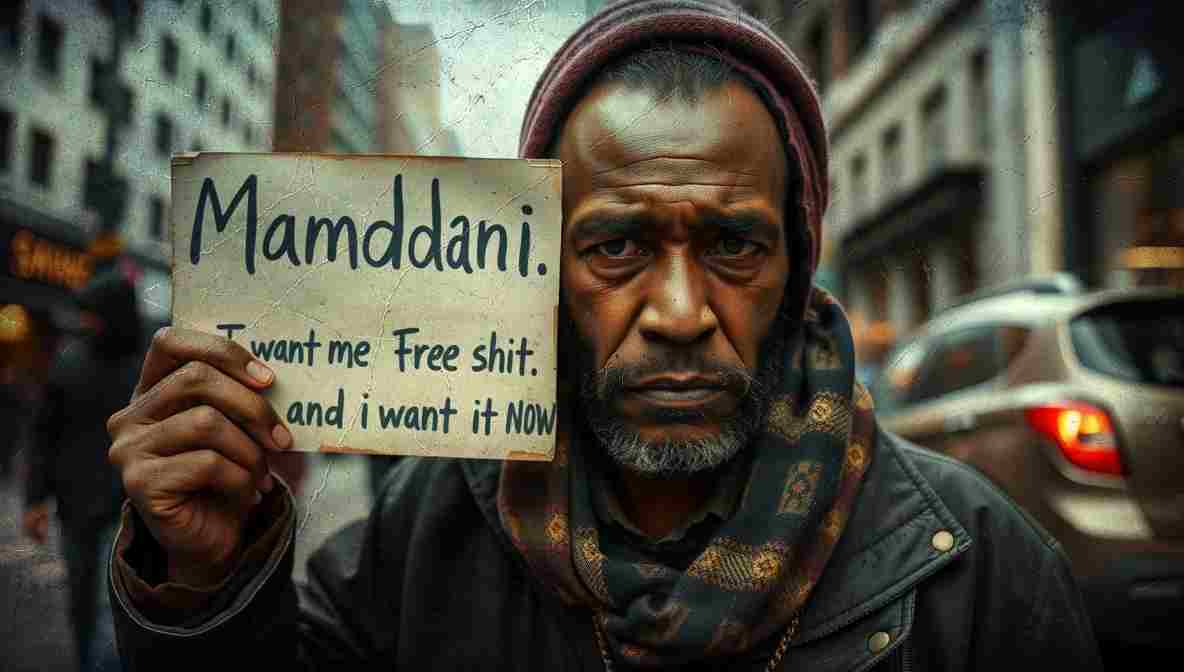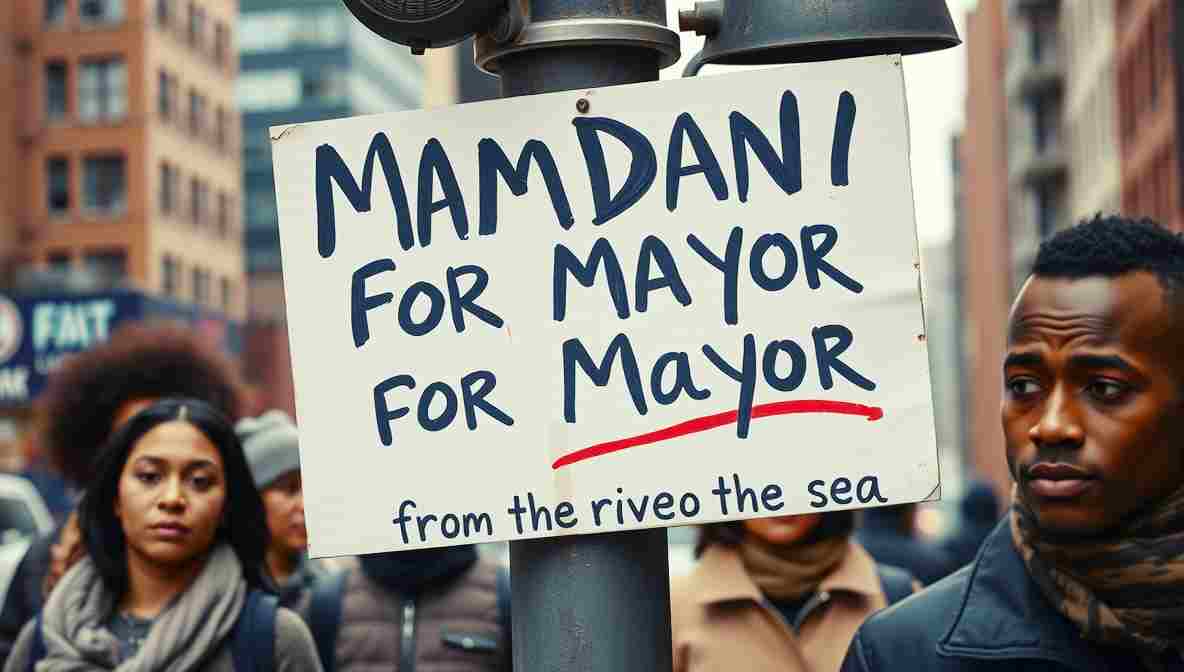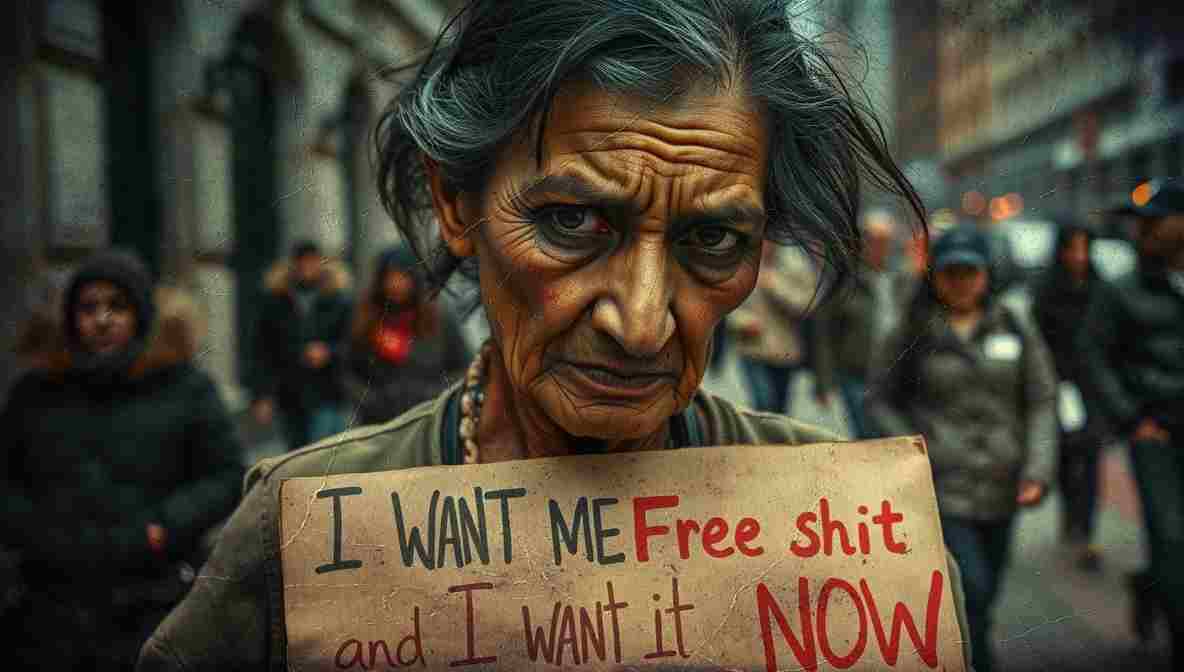How Israel-Gaza Conflict Shaped NYC’s Mayoral Politics
The Palestinian protest movement played a significant role in Zohran Mamdani’s path to becoming New York City’s mayor, reflecting how international issues increasingly influence local American politics. The Guardian (https://www.theguardian.com/us-news/2025/jun/28/zohran-mamdani-palestinian-protest-movement) reported that Mamdani “has the Palestinian protest movement to thank” for substantial support that proved crucial to his campaign’s success. Mamdani, who is of Ugandan-Indian descent and has been outspoken on Palestinian rights, became a prominent voice calling for ceasefire and criticizing U.S. policy regarding Israel-Gaza conflict. His stance resonated particularly strongly with young voters, Arab and Muslim communities, and progressive activists who felt mainstream Democrats were insufficiently responsive to their concerns about the humanitarian situation in Gaza. The candidate’s position on Palestine reflected broader generational and ideological shifts within the Democratic Party. According to polling data from the Pew Research Center (https://www.pewresearch.org), younger Democrats express significantly more sympathy toward Palestinians than older party members, creating opportunities for candidates willing to take positions at odds with traditional party leadership. Al Jazeera (https://www.aljazeera.com/news/2025/6/26/mamdanis-new-york-victory-boosts-pro-palestine-politics-in-us) analyzed how “Mamdani’s New York victory boosts pro-Palestine politics in US,” suggesting his election could embolden other candidates to adopt similar positions. The article noted that New York City has substantial Arab American and Muslim American populations, particularly in Brooklyn and Queens, who mobilized energetically for Mamdani’s campaign. Palestine solidarity activists organized voter registration drives, canvassing operations, and fundraising events that provided crucial campaign infrastructure. Organizations like Within Our Lifetime and Jewish Voice for Peace endorsed Mamdani and encouraged their members to volunteer for his campaign, creating a grassroots network that complemented traditional political organizing. Critics accused Mamdani of pandering to single-issue voters and questioned whether his foreign policy positions would translate into effective city governance. Some Jewish community leaders expressed concerns about his rhetoric and whether he would adequately address antisemitism concerns. These tensions reflected broader debates about how criticism of Israeli government policies relates to antisemitism and Jewish safety. Mamdani consistently maintained that his criticism focused on government policies rather than Jewish people, and he received endorsements from progressive Jewish organizations. He emphasized that his vision for New York City included protecting all communities from hate and discrimination while supporting freedom of expression on controversial political issues. The role of the Palestinian solidarity movement in Mamdani’s campaign illustrates how social movements can translate activism into electoral power. Similar dynamics have affected Democratic primaries nationwide, with candidates’ positions on Israel-Palestine becoming significant factors in races from Congress to local government. This trend reflects both demographic changes in the Democratic coalition and evolving attitudes among younger Americans. The Council on American-Islamic Relations (https://www.cair.com) noted record levels of Muslim American political engagement in recent elections, driven partly by foreign policy concerns but also by domestic issues including civil rights and religious freedom. This growing political participation has made Muslim American voters an increasingly important constituency in diverse urban areas like New York City. As Mamdani assumes office, questions remain about how his positions on international issues will affect his mayoralty. While mayors have limited direct influence over foreign policy, they can affect city contracts, institutional investments, and symbolic statements on global issues. How Mamdani navigates these questions while focusing on core municipal responsibilities of housing, transportation, and public safety will be closely watched. His election demonstrates that foreign policy positions can no longer be dismissed as irrelevant to local politics, particularly in diverse global cities where residents maintain strong connections to international events. This reality will likely influence how future candidates approach foreign policy questions in local races.



